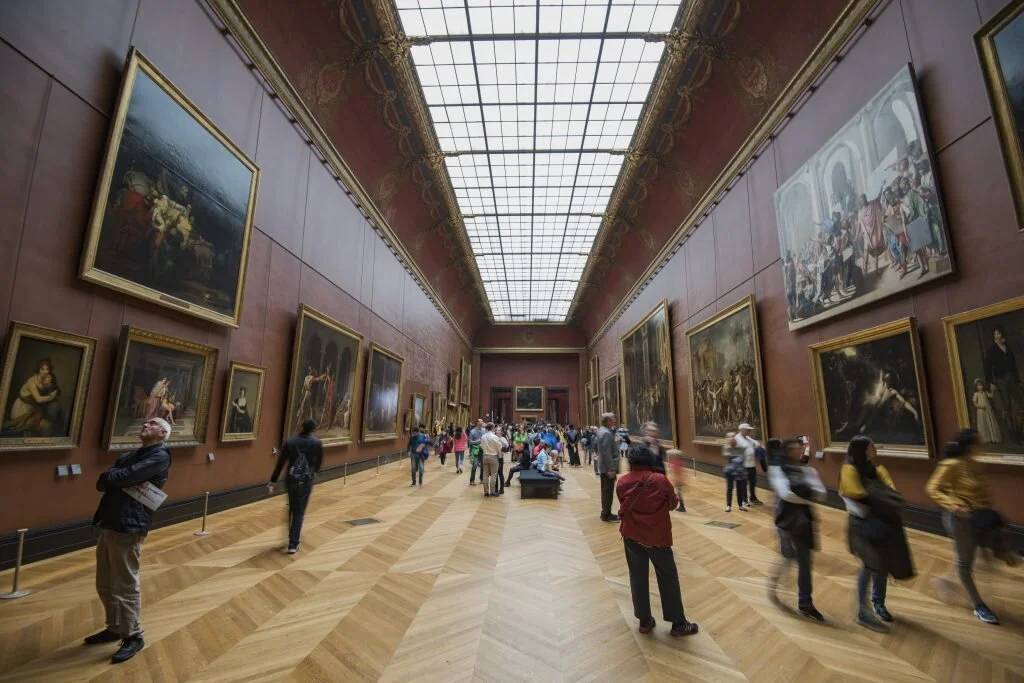What are the Liberal Arts?
The Liberal Arts are the arts of thinking and the best of thought. The arts of thinking—grammar, logic, and rhetoric—form minds able to comprehend and communicate about reality. The greatest minds master these arts and teach the best of thought about the most important things. Together, the arts of thinking and the best of thought set the mind free: Libertas!”
Education with a Vision: A Curriculum Worth Following
Published by The James G. Martin Center for Academic Renewal
An organized curriculum with no electives looks restrictive, but at Thales College it offers the more important freedom to think deeply in an organized way about foundational ideas regarding humanity and society and how they relate to professional work and leadership.
Save the Humanities by Flipping the Curriculum
Published by The James G. Martin Center for Academic Renewal
The humanities can have a powerful effect on this growth and plant the seeds of lifelong learning, but colleges should flip their humanities courses later in the curriculum to achieve these goals.
Flipping the Humanities
Fellowship of Catholic Scholars Quarterly, Spring 2020
By studying the humanities in greater depth later in their college careers, students would learn more from the humanities, and enjoy them more. Colleges should move the bulk of required humanities courses to undergraduates’ junior and senior years and replace humanities survey and general education courses with an integrated set of higher-level courses. First year students should solidify thinking and communication skills and begin study in a major, taking more time to explore and change majors and to develop professional skills. In that way, students bring stronger intellectual skills and more life experiences to humanities study and more easily see the relevance of the humanities to their future life and work.
Learning the Long View
An Essay on the Liberal Arts
The liberal arts tradition has a very attractive, though not often considered, influence on personal development. It helps people develop a “long view.” One of its essential goals is to help successive generations to develop realistically hopeful views of human life, society, and civilization and to cultivate the wisdom and virtue necessary for realizing those views.
Why Study The Liberal Arts?
Lessons From The First Debate About Liberal Arts Education
Why invest your time and money to study the liberal arts? Or for your son or daughter to study them? Before you answer this question, consider the ancient Greeks’ original reasons for liberal arts education, their debates about priorities, and the strengths and weaknesses of different sides in the debate.
Plato’s Allegory of the Cave,
A straightforward interpretation of the Allegory of the Cave, marking the text as I go.




